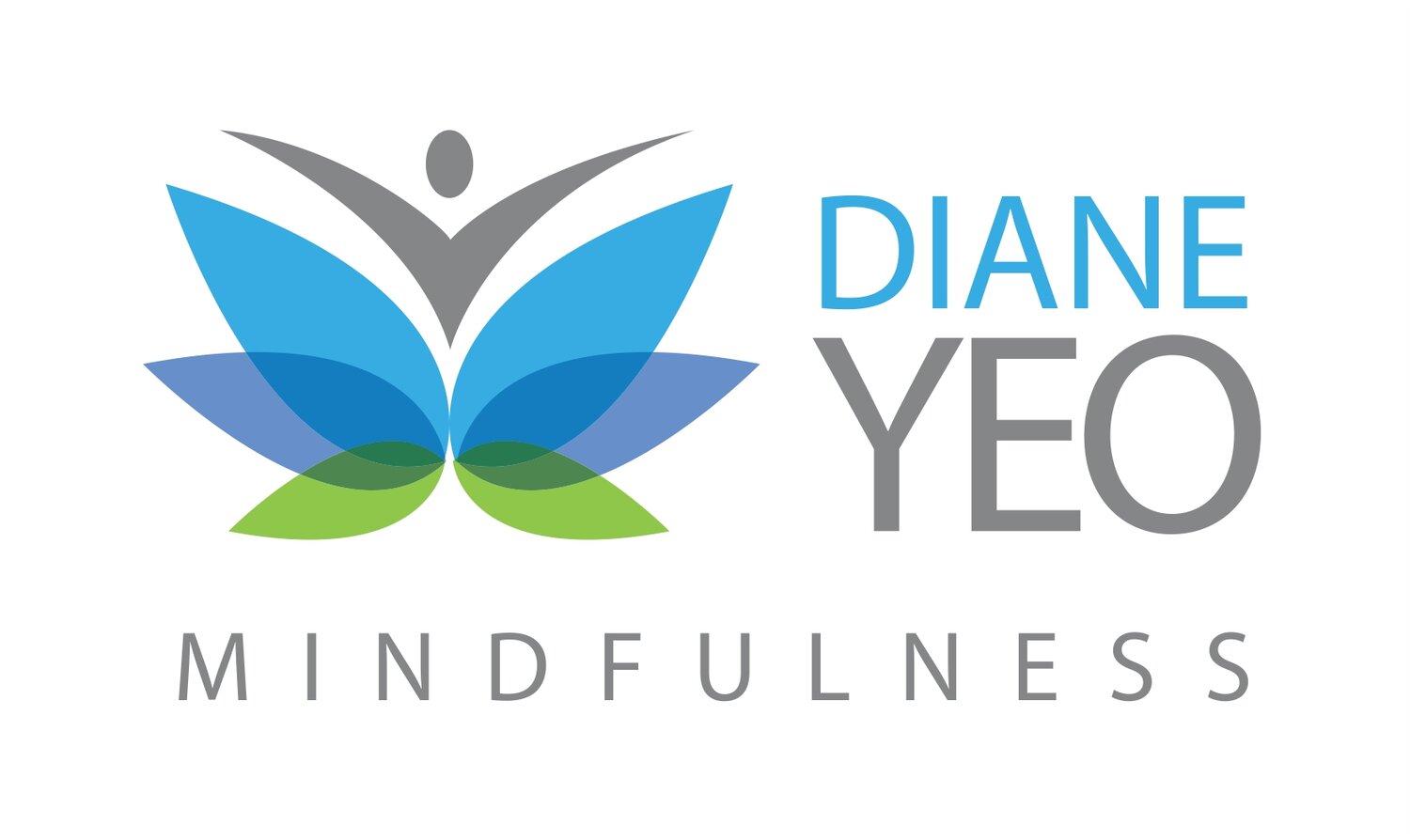Mindful Monday: What a Fifteen-Year-Old Taught Me
Last week, I had the most beautiful, enlightening conversation with Annie, my sister Deb’s fifteen-year-old granddaughter. With Annie’s and her mom’s permission, I’d like to share it with you.
We were hanging out in the kitchen when Deb asked Annie, “What are some things you and your friends find stressful?” Annie paused, thought carefully, and said, “Inauthentic people.”
She explained that, especially on social media, people can present themselves however they want. You can feel close to someone—trust them and later discover they’re not who they claimed to be. She said it hurts when you open up to someone and realize they aren't who they present themselves to be. They are fake.
Her awareness and her courage struck me. She has made a clear decision not to have friends who aren’t authentic. And if that means a smaller circle, so be it.
This longing for authenticity is something I hear often in my women’s circles: a deep desire to take off the masks, to live as we truly are, and to be surrounded by others who do the same. It’s a universal longing—to be real, and to be met by others who are real too.
Annie’s insight reminded me that masks can appear at a very young age. Sometimes we wear them to fit in, to please, or to protect ourselves. And the longer we keep them on, the harder it can feel to take them off.
It takes maturity to recognize that not everyone is a safe place for our heart, and even more maturity to let go of those relationships with grace. That’s why Annie’s words landed so deeply—here was someone so young, already honouring her values.
This conversation made me reflect on my journey.
Authenticity is a core value of mine, so it's no wonder our conversation struck a strong chord in my heart.
There have been many times in my life when I ignored that little voice telling me someone wasn’t being real, or a relationship didn't feel right, but I kept the peace to avoid conflict. But the older I get, the more I realize that peace built on pretending isn’t peace at all—it’s quiet discomfort. It feels empty and unsatisfying.
Our conversation left me hopeful. If Annie is part of our future—and if other young people carry this same commitment to authenticity—then perhaps our world will have more honesty, depth, and connection, and less separation.
Maybe that’s the invitation for us now: not only to celebrate authenticity in others, but to truly live it ourselves. To gently notice where we may still be wearing a mask—and to meet those parts of us with compassion.
At one time, those masks protected us, kept us safe, or helped us belong. But today, they may be holding us back, keeping us small, and preventing us from experiencing the fullness of our true essence, and a deeper, more meaningful connection to others.
What I’m learning, on a very personal level, is this: the world doesn’t need a polished version of us—it needs the real one.
With love,
Diane
